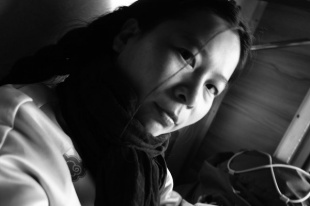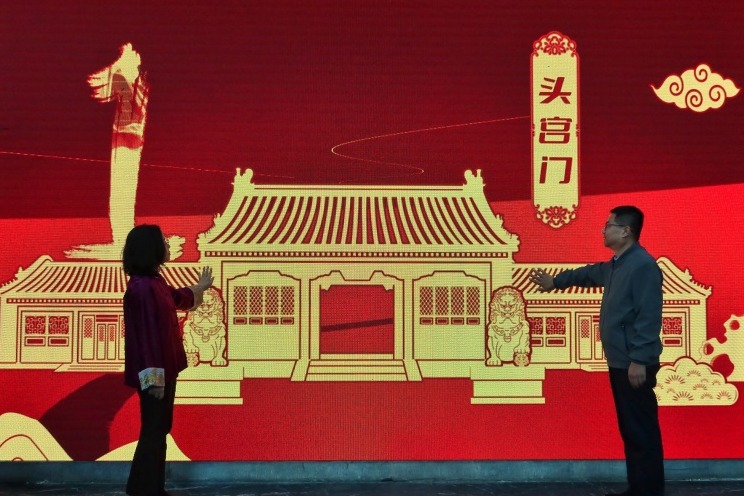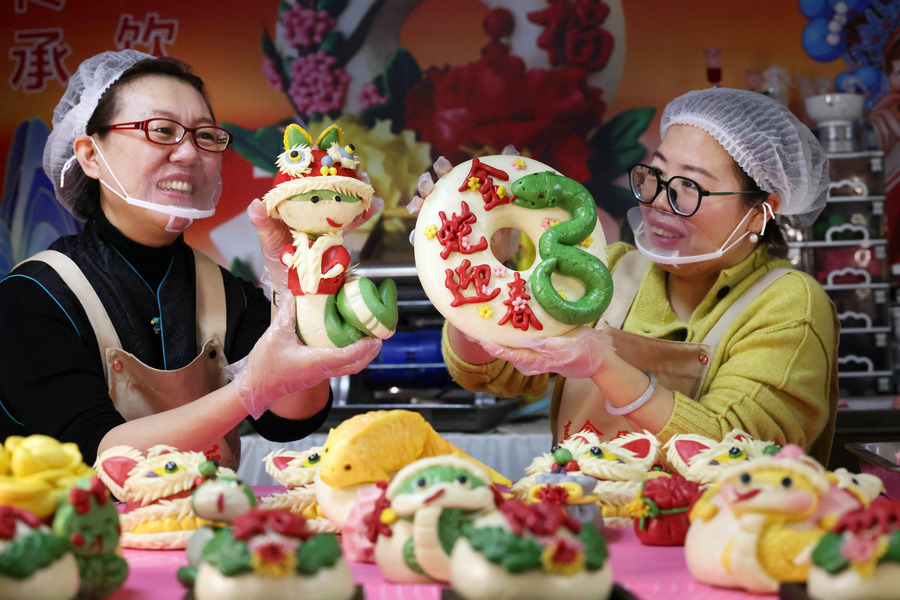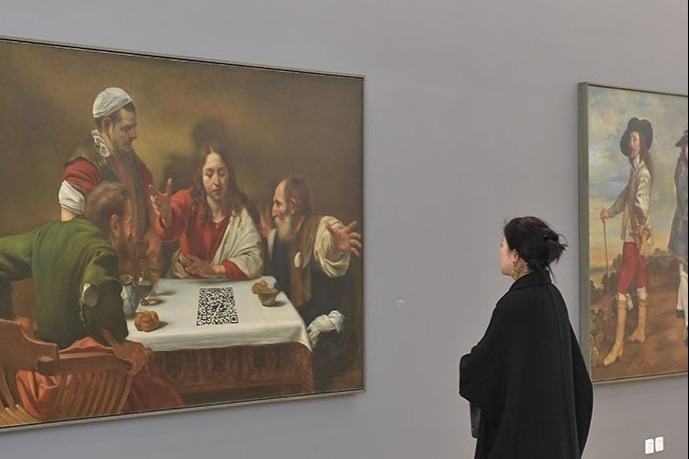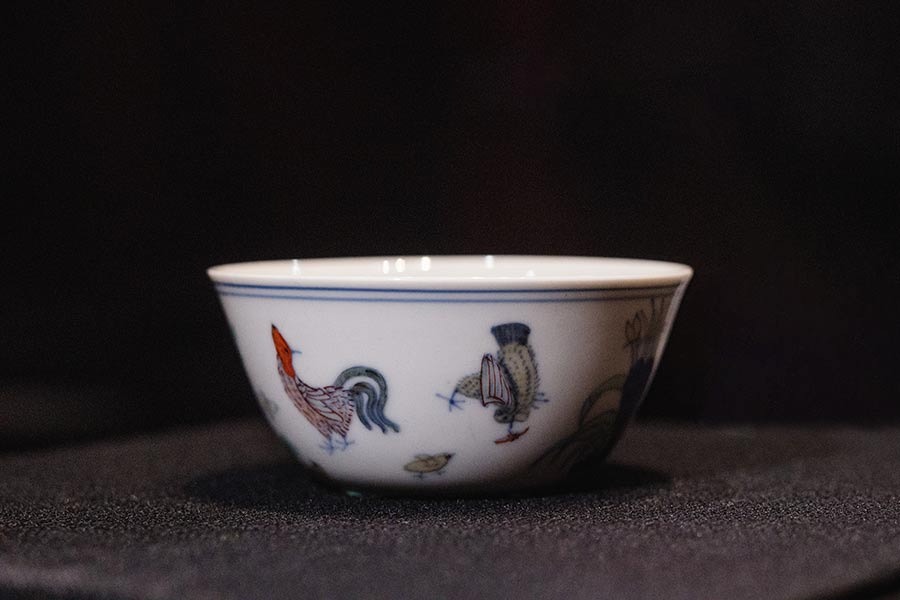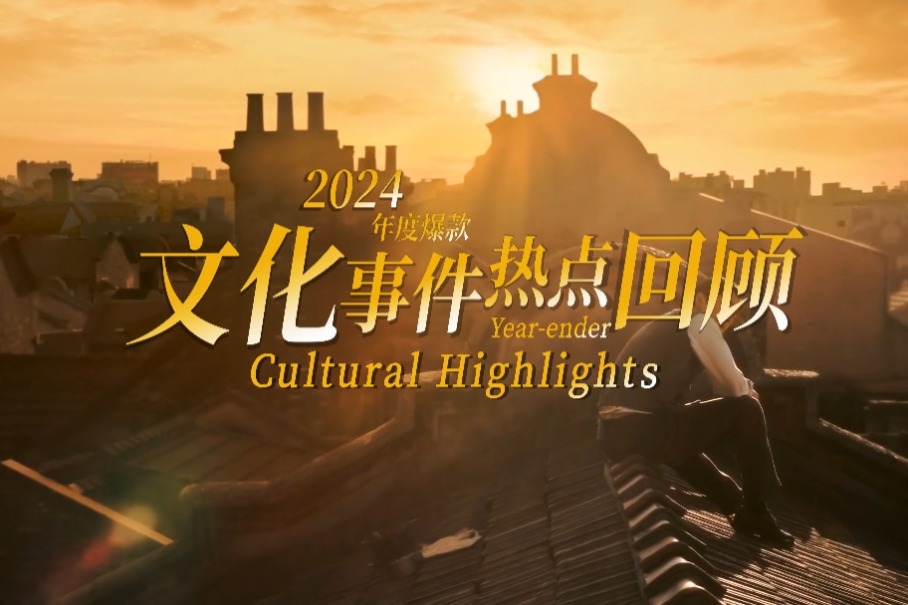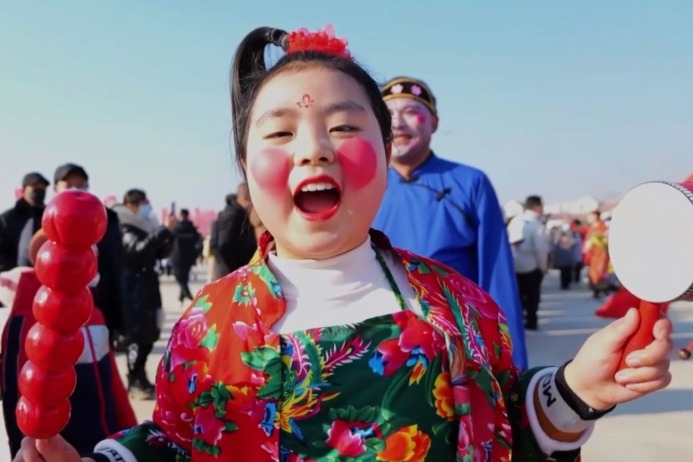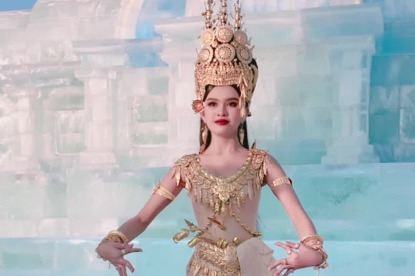Question of life and death

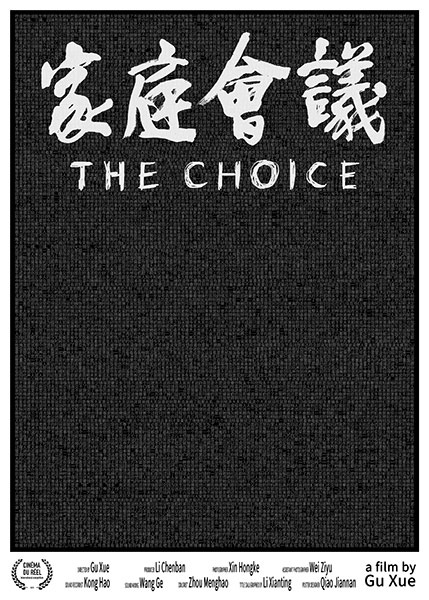
Behind the scenes
The shooting of the film has been improvised, according to Gu. The moment was caught when she was working on another documentary, The Chinese Plaster, which followed a family of three generations over the course of more than one year of their lives in Luoyang.
"Both films highlight family relationships, but in different ways," Gu says, adding that her one-year stay with the family helped her to establish a relaxed and close relationship with them.
"It is not easy for outsiders to get into or even talk about the truth of family dynamics, which are always intensely private," she says.
Through The Choice, Gu reflects on and questions her own family ties, which have been estranged for a long time.
Born in Chengde, Hebei province, Gu's mother has nine brothers and sisters. When her grandmother was paralyzed after a stroke at 78, her mother took care of her for 10 years.
Gu still remembers that once her grandmother told her mother to let her die, because it was too painful to live, and her mother insisted that if she was not taken away by God, she should live.
During the family reunion at Spring Festival, in Gu's memory, it was like a "show" that the relatives, with their own families now numbering 10, came to see her grandmother and talked and laughed over dinner. All this, according to Gu, while her ailing grandmother was in the next room.
"It makes me uncomfortable and I feel something false inside," Gu says.
"If you understand the relationships in family, it will help to know how society operates," she adds.
According to the film's introduction at the Open City Documentary Festival, The Choice is a quietly gripping, anthropologically attuned drama examining the complex dynamics, hierarchies and internal conflicts of a Chinese family living through its darkest hour.
During the family's hourlong meeting, the collective decision-making process shifts from repetition to persuasion and then conclusion. The aunt, it is decided, should stay in hospital for now.
"Leaving everything, including the repetition, unedited is my choice to restore the environment and chemistry at the gathering, which feels right for the scene," Gu explains.
"It may just be a short glimpse of life. I hope the time and space of the viewer are exactly the same as the time and space that happened when I recorded it. I try to preserve the true texture of the event."


